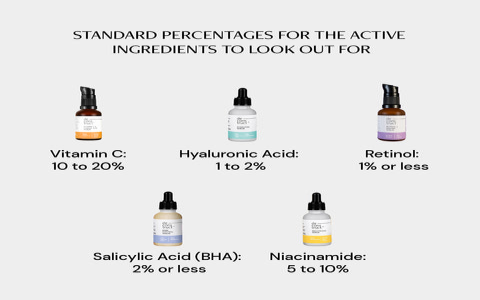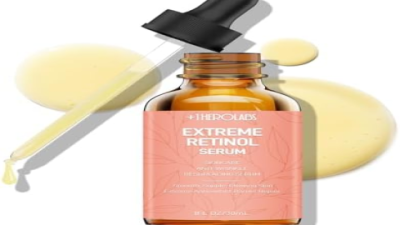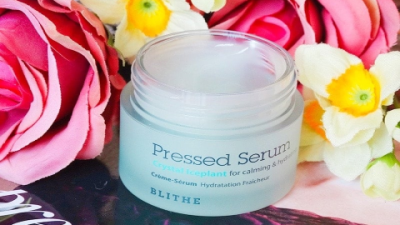When it comes to skincare, it feels like everyone’s talking about niacinamide and vitamin C serums these days. Honestly, it can get a bit overwhelming trying to figure out which one you actually need. I mean, both sound amazing, but are they really interchangeable? Or should you pick one over the other? If you’ve ever found yourself staring at your bathroom shelf wondering, “Okay, niacinamide or vitamin C—what’s best for me?” then stick around. I’m going to break it down in a way that actually makes sense, based on real skin needs and not just fancy marketing.
First off, what even are these ingredients?
Niacinamide is basically vitamin B3. It’s kind of like the quiet hero of skincare—super versatile and gentle. It’s known for calming the skin, which is a huge plus if you’re someone whose skin throws a tantrum at the slightest provocation. It helps strengthen your skin’s barrier, which is like your skin’s natural shield against pollution, dryness, and all the nasty stuff out there. Plus, it’s great at controlling oil, which means fewer breakouts and smaller pores. And if you’re battling uneven skin tone or dark spots, niacinamide can help fade those too, but in a really gentle way.
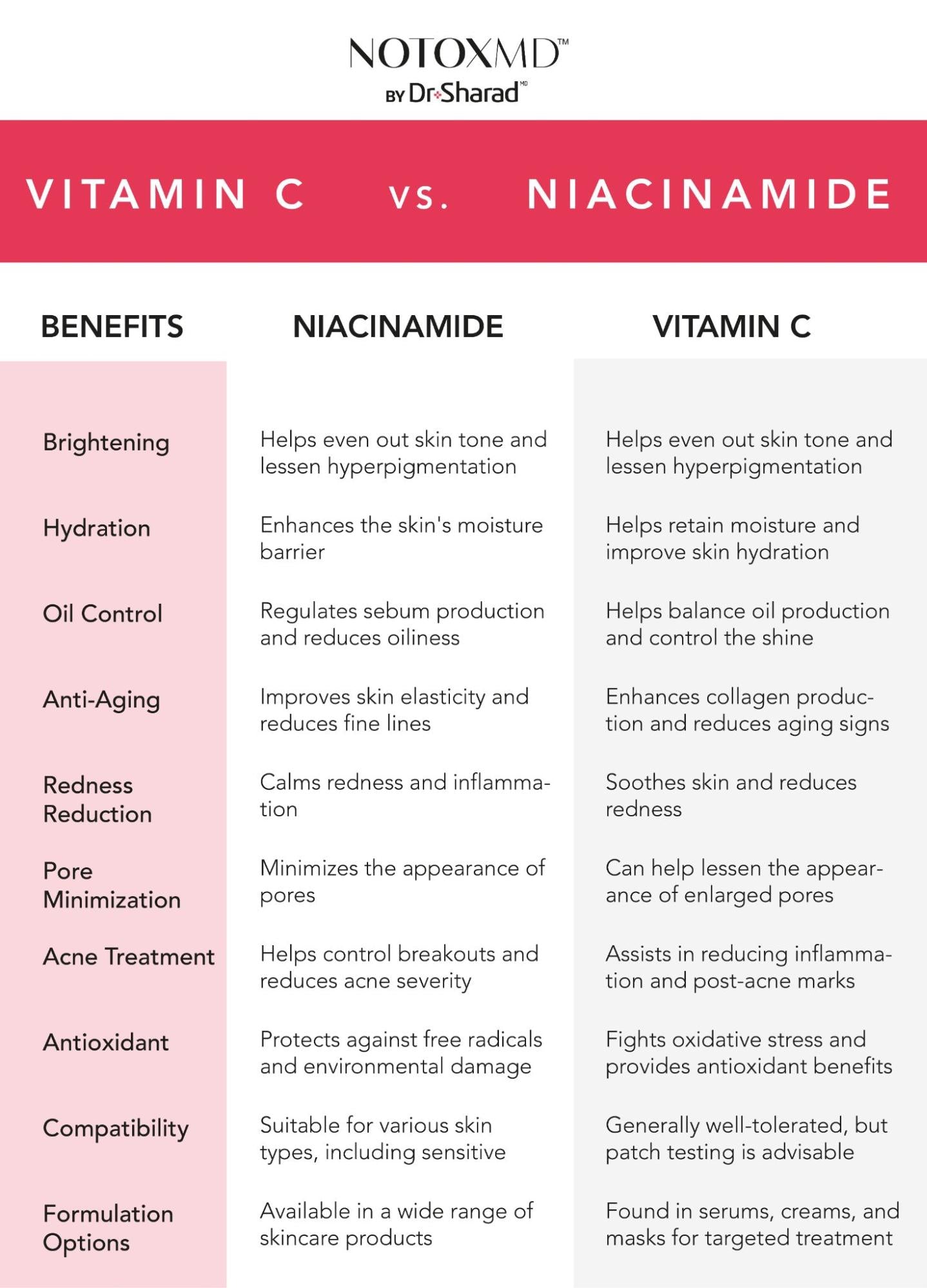
On the flip side, vitamin C is the superstar antioxidant everyone raves about. It’s famous for brightening dull skin and fighting off the damage caused by sun exposure and pollution. If your skin looks tired or has those annoying dark spots, vitamin C can be a game-changer. It also boosts collagen, which is what keeps your skin looking plump and youthful. But heads up—vitamin C can sometimes be a bit harsh, especially if you have sensitive skin. It’s acidic, so it might sting or cause redness if you’re not careful.
So, how do these two compare? Here’s a quick rundown:
| Feature | Niacinamide | Vitamin C |
|---|---|---|
| Chemical Nature | Vitamin B3, water-soluble | Ascorbic acid, water-soluble antioxidant |
| Main Benefits | Calms skin, controls oil, strengthens barrier, reduces pores, fades dark spots | Brightens, boosts collagen, protects from free radicals, fades pigmentation |
| Best For | Oily, acne-prone, sensitive, combination skin | Dull skin, pigmentation, early ageing signs, normal to oily skin |
| Skin Brightening | Reduces melanin transfer gently | Inhibits melanin production directly |
| Anti-Ageing | Improves moisture, barrier function, reduces fine lines | Stimulates collagen, reduces wrinkles |
| Gentleness | Very gentle, good for sensitive skin | Can irritate sensitive skin, especially in high doses |
| Compatibility | Works well with most ingredients | Needs caution with exfoliants and retinol |
Honestly, these two ingredients aren’t really rivals—they’re more like teammates. Each has its own strengths depending on what your skin is craving.
When should you lean towards niacinamide?
If your skin is on the sensitive side, or if you’re battling redness, irritation, or acne, niacinamide is like a gentle hug for your face. It’s calming and helps fix your skin’s natural defenses, so it’s less likely to freak out over environmental stressors. Plus, if you’re oily or dealing with large pores, niacinamide can help balance things out without drying you out. It’s also great if you just want an all-around skin booster that won’t cause drama.
And what about vitamin C?
Vitamin C is your go-to if you want that radiant, glowing complexion. It’s fantastic for tackling dullness and fading those stubborn dark spots that just won’t quit. If you’re starting to notice fine lines or want to give your skin a collagen boost, vitamin C is the ingredient to reach for. But fair warning—if your skin is sensitive, you might want to start slow or pick a gentler formula because it can sting a bit.
Now, here’s a question I get all the time: Can you use niacinamide and vitamin C together? The short answer is yes! The old myth that they cancel each other out has been debunked. In fact, when used together, they can actually complement each other. Niacinamide can soothe any irritation vitamin C might cause, and together they provide a powerful combo of brightening and skin barrier support.
Here’s a simple way to use both without overwhelming your skin:
- Morning: Cleanse, then apply vitamin C serum, follow with moisturizer and sunscreen.
- Evening: Cleanse, then apply niacinamide serum, followed by your moisturizer.
If you’re feeling adventurous, you can even layer niacinamide after vitamin C once your skin has absorbed the first serum. Just make sure to patch test first to avoid any surprises.
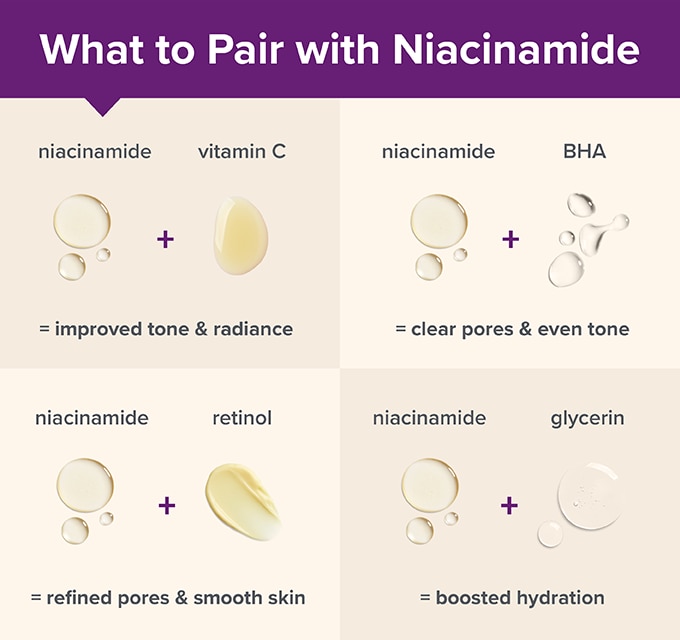
Some common questions I hear:
Q: Can I really use both serums at the same time?
A: Yes, you can! They actually work well together and can boost each other’s benefits.
Q: Which one is better for sensitive skin?
A: Niacinamide usually wins here because it’s super gentle and calming.
Q: Will vitamin C help with acne scars?
A: It can help fade dark spots left behind by acne, so yes, it’s quite effective.
Q: Is niacinamide good for oily skin?
A: Definitely. It helps control oil and shrink pores.
Q: How long before I see results?
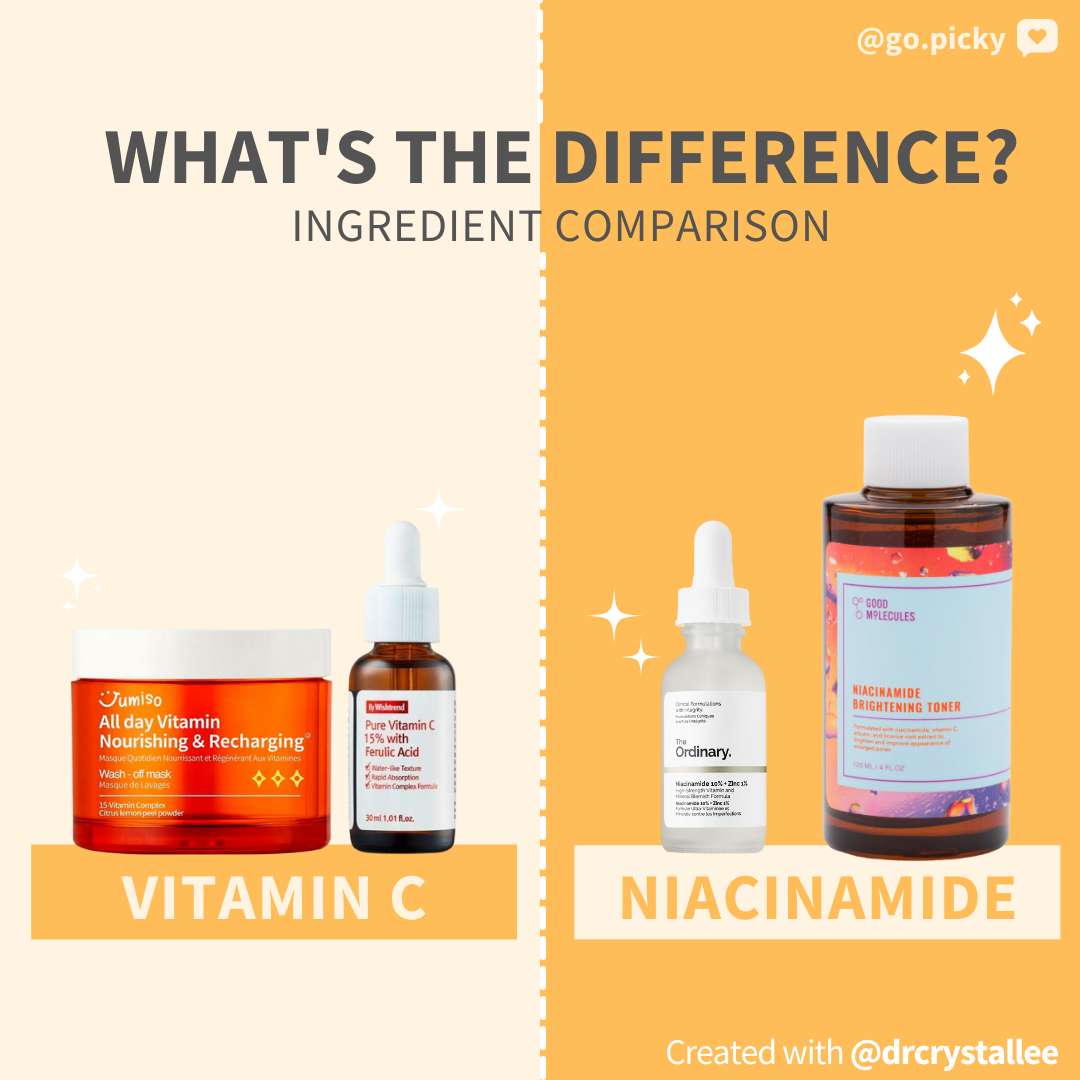
A: Usually about to weeks of consistent use, but it varies from person to person.
So, what’s the bottom line? If you want a gentle, multi-tasking ingredient that helps calm and balance your skin, niacinamide is your friend. But if you’re after brightness, fading pigmentation, and a collagen boost, vitamin C is your best bet. And honestly, if you can, try to include both—your skin will thank you for the dynamic duo.
At the end of the day, skincare is personal. What works wonders for one person might not be the holy grail for another. So, listen to your skin, start slow, and enjoy the journey to healthier, happier skin!
